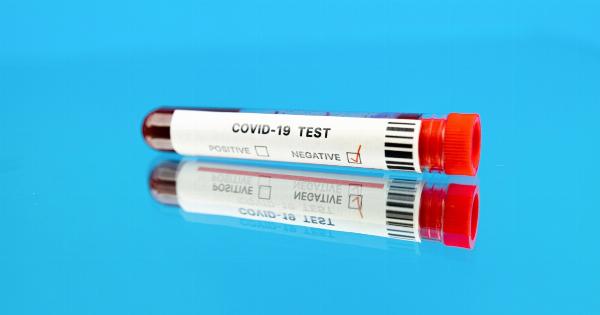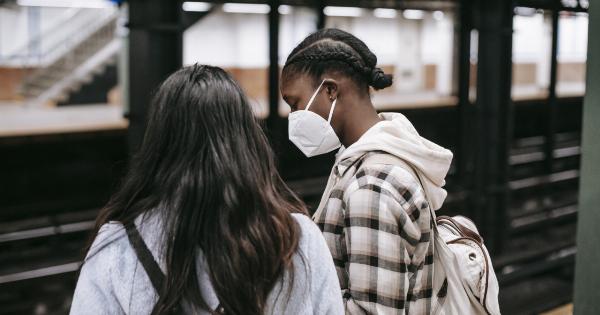Another case of Middle East Respiratory Syndrome (MERS) has been confirmed in the United States.
According to the Centers for Disease Control and Prevention (CDC), a healthcare worker who recently traveled to Saudi Arabia has been diagnosed with MERS in Indiana. This is the third confirmed case of MERS in the US this year.
What is MERS?
Middle East Respiratory Syndrome (MERS) is a viral respiratory illness that was first reported in Saudi Arabia in 2012. Since then, the disease has spread to other countries in the Middle East, as well as countries in Europe, Asia, and Africa.
MERS is caused by a coronavirus called MERS-CoV.
Symptoms of MERS
The symptoms of MERS can range from mild to severe. Most people who are infected with MERS will experience fever, cough, and shortness of breath. Some people may also experience body aches, diarrhea, and vomiting.
In severe cases, MERS can lead to pneumonia, kidney failure, and even death.
Transmission of MERS
MERS is believed to be primarily transmitted through close contact with an infected person.
This can happen through respiratory droplets when an infected person coughs or sneezes, or through contact with surfaces that have been contaminated with the virus. Transmission of the virus has also occurred in healthcare settings, where patients with MERS have spread the virus to healthcare workers.
Prevention of MERS
There is currently no vaccine for MERS, so prevention is focused on avoiding exposure to the virus.
The CDC recommends that travelers to the Middle East take precautions such as avoiding close contact with sick people, practicing good hand hygiene, and avoiding contact with animals, especially camels. Healthcare workers should also take precautions when caring for patients with respiratory illnesses, such as wearing personal protective equipment.
Treatment of MERS
There is no specific treatment for MERS, but supportive care can help relieve symptoms and improve outcomes. In severe cases, patients may need to be hospitalized and receive oxygen therapy or mechanical ventilation to help with breathing.
Antiviral medications have also been used experimentally, but their effectiveness is not yet clear.
MERS in the US
The first case of MERS in the US was reported in 2014 in a traveler who had recently returned from Saudi Arabia. Since then, there have been a total of six cases of MERS in the US, including the most recent case.
All of the cases have been in people who had recently traveled to the Middle East, and there has been no sustained transmission of the virus in the US.
Conclusion
The confirmation of another case of MERS in the US highlights the continued importance of public health efforts to prevent the spread of this potentially deadly virus.
While the risk of transmission in the US remains low, it is important for travelers to take precautions when traveling to the Middle East, and for healthcare workers to be aware of the symptoms and take appropriate precautions when caring for patients with respiratory illnesses.





























